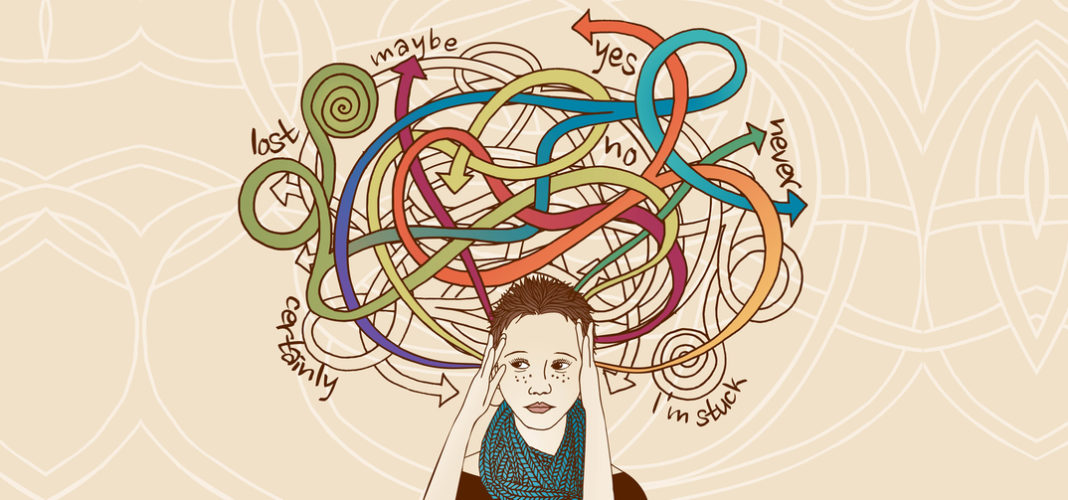As a psychiatrist I spent years trying to change how people think. I thought if I could help them become more open-minded, less judgmental or more optimistic, they would be able to initiate the change they longed for in their lives. But this approach had limitations. Talking through problems and thinking about them is not always enough. It doesn’t necessarily result in behavior change.
Take Sarah, a 23-year-old recent college graduate. With therapy and medication, she felt less depressed and pessimistic but that didn’t translate into action. She still spent her days on the sofa in front of the television watching talk shows, scrolling through Instagram or running errands.
What I have learned is that one of the best ways to help people make positive changes it to focus more on what they do instead of exclusively on what they think. Taking action is empowering and creates small wins.
In Sarah’s case this meant volunteering at a nursing home every Wednesday. She was reluctant at first but was soon surprised by how much she enjoyed spending time with the elderly ladies, playing cards and reading the newspaper to them. She liked feeling useful. Best of all, having a positive experience in the nursing home emboldened her to take concrete steps in other areas of her life.
As a result of feeling stronger, Sarah submitted her CV to healthcare startups. She signed up for spinning classes three days a week with a friend. She started studying for the GMAT and filled out applications to become a social worker. Working at the nursing home opened the crack in the door—the light began to flood in when she realized how doing things helped her feel better.
Treatment that focuses more on behavior change than thoughts is known as Behavior Activation therapy (BA). As recently highlighted in Scientific American Mind:
One could easily describe BA as a Nike form of therapy, guided by the dictum ‘Just Do IT.’
Most people assume that they have to feel better before they can make a change. Consider for a moment that the opposite may be true—if you make changes now, odds are you will start to feel better.
I wish you all the best,
Dr. Samantha Boardman






